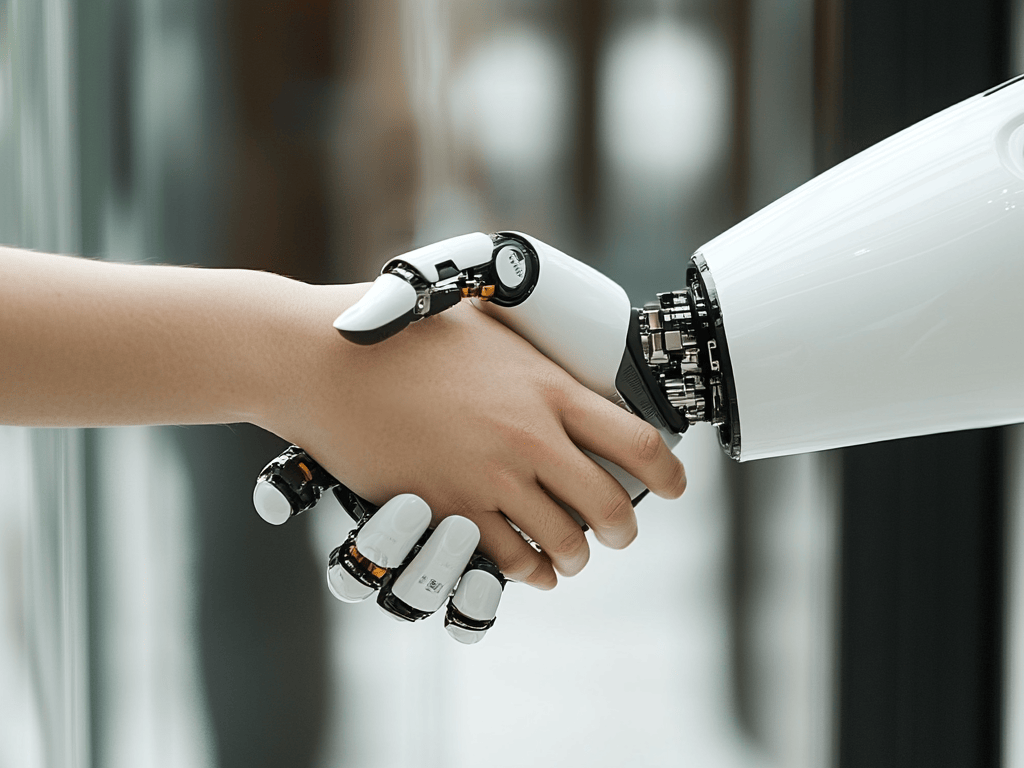
Big news from the internet’s favorite rabbit hole: Wikipedia just announced how it plans to use artificial intelligence over the next three years—and nope, it’s not replacing its army of human editors with robots.
Instead of letting AI take over, Wikipedia is rolling out a smart, thoughtful strategy to use AI as a helpful assistant, not the boss. Think less “Skynet” and more “helpful sidekick who doesn’t need sleep.”
What’s Actually Changing?
Wikipedia’s goal is to make editing and maintaining its site easier, faster, and more accessible—without losing the human touch that’s made it the internet’s most trusted free encyclopedia.
Here’s how AI will help:
– Goodbye, Tedious Tasks: AI will be used to automate repetitive, time-consuming work—like categorizing pages or managing user reports—so human editors can focus on the stuff that actually requires thought, debate, and good judgment.
– Smarter Search, Better Discoverability: AI tools will help surface information more effectively, making it easier for editors to find what they need and spend less time digging.
– Breaking Language Barriers: AI-powered translation will help contributors translate content more quickly and accurately, supporting Wikipedia’s mission to be multilingual and accessible worldwide.
– Helping Newbies Get Started: New volunteers will get AI-assisted onboarding—basically, a smarter way to help them learn the ropes and get editing with confidence.
But Wait—Isn’t AI Replacing Jobs?
Not here. Wikipedia is going out of its way to reassure everyone: AI is here to support humans, not replace them. It’s a tool to make life easier for editors and contributors, not to push them out.
In fact, the organization emphasized that AI will be used with the community’s values front and center. That means:
– Keeping things transparent and ethical
– Protecting privacy and human rights
– Using open-source AI (not some shady black box)
– Respecting the need for nuance, especially when dealing with different languages and cultures
Why It Matters More Than Ever
In a time when generative AI is popping up everywhere (and occasionally spitting out total nonsense), Wikipedia’s human-reviewed, carefully curated content is more important than ever. AI might be fast, but it still hallucinates facts like a sleep-deprived student at 3 a.m.
By using AI the right way, Wikipedia aims to keep its content trustworthy while giving its human editors the tools they need to thrive.
So no, the bots aren’t taking over—at least not on Wikipedia. Instead, they’re just helping out behind the scenes so that the humans can keep doing what they do best: making the world’s knowledge free and reliable for everyone.

Wikipedia Is Embracing AI—But Don’t Worry, It’s Not Firing the Humans




